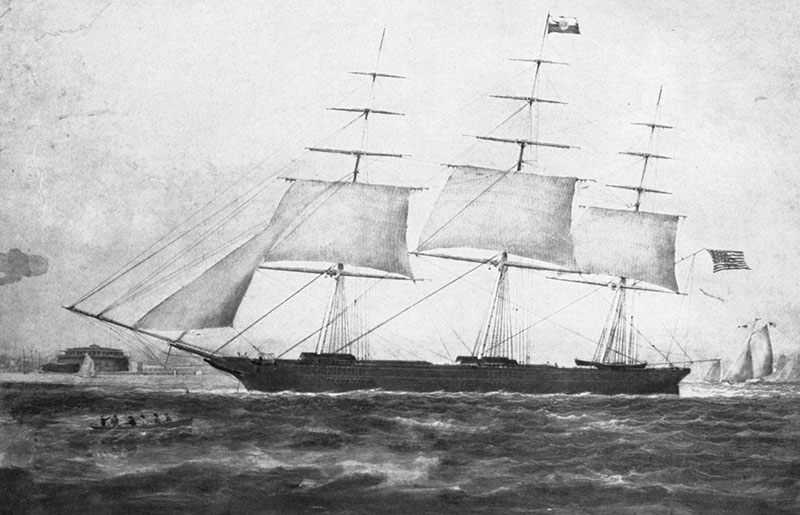
For my current work in progress, I’ve been researching the history of the abolition of the slave trade in Britain.
Thomas Clarkson, one of the prominent voices in the fight to abolish slavery, wrote a two volume account of the long struggle: History of the Abolition of the Slave trade, published in 1808, the year following the landmark passage of the Slave Trade Act on the 25 of March, 1807, by Parliament, which abolished the slave trade throughout Great Britain. The final blow to slavery came 26 years later in the Slavery Abolition Act in August of 1833,
The long fight for the abolition of the slave trade, and slavery itself, began in the latter part of the 18th century and continued for twenty years. Due to the untiring efforts of many individuals, most British citizens opposed the practice of slavery. But for decades it did little good to get rid of a practice many considered immoral and the shame of the British empire. Almost yearly attempts to pass a bill in Parliament by William Wilberforce failed.
In his 1808 history, Thomas Clarkson painstakingly recorded the arguments for or against the slave trade, given by politicians in Parliament proceedings in 1806. Reading them shows the best and worst of human nature.
Here’s a few examples:
Mr. Huddlestone: He did not charge the enormous guilt resulting from it upon the nation at large; for the nation had washed its hands of it by the numerous petitions it had sent against it; and it had been a matter of astonishment to all Christendom, how the constitutional guardians of British freedom should have sanctioned elsewhere the greatest system of cruelty and oppression in the world.
General Tarleton: He stood against the abolition, on account of the effect which it would have on the trade and revenue of the country.
Lord Castlereagh: He thought it a proposition on which no one could entertain a doubt, that the slave-trade was a great evil in itself, and that it was the duty and policy of Parliament to extirpate it. But he did not think the means offered were adequate to the end proposed.
Sir William Yonge: He censured the harsh language of Sir Samuel Romilly, who had applied the terms rapine, robbery, and murder to those who were connected with the Slave-trade.
Lord Henry Petty: He said the arbitrary power which [the slave trade] conferred, afforded men of bad dispositions full scope for the exercise of their passions; and it rendered [good] men callous to the misery of others. It depraved the nature of all connected to it. [Parliament] had the clearest evidence that all the arguments then used against the abolition were fallacious–being founded not upon truth, but on assertions devoid of all truth and derived from ignorance and prejudice.
Mr. Canning: He did not like the present resolution, yet he would vote for it. He should have been better pleased with a bill which would strike at once at the root of this detestable commerce.
Mr. Windham: He said the slave trade and slavery were interconnected, both evils that should be done away.
Mr. Manning: He wished the question to be deferred to the next session.
Lord Grenville, Prime Minister: The slave trade was contrary to humanity, justice and sound policy. Humanity might be said to be sympathy for the distress of others. He said we had been so much accustomed to words, descriptive of the cruelty of this traffic, that we had almost forgotten its meaning. The continuance of it has rendered cruelty familiar to us; and the recital of its horrors had been so frequent that we could now hear them stated without being affected as we ought to be. It was a duty that Parliament owed to their Creator, if they hoped for mercy, to do away this monstrous oppression.
Lord Hawkesbury: It did not follow that because a great evil subsisted that therefore it should be removed, for it might be comparatively a less evil than that which would accompany the attempt to remove it. Slavery could be removed not by acts of [law] but by the progress of civilization which removed the evil in a gradual and rational manner.
And so the talking went on and on and around and around. The reasonings sounded so familiar to me. We hear them all now. Callous indifference. Self interest .Money and power above duty. Delay. Outright lies.
Thomas Clarkson summed up the final passage of the bill in 1807: “It has separated the moral statesman from the wicked politician. It has shown us who, in the legislative and executive offices of our country are fit to save, and who to destroy, a nation…. It has proved what a creature a man is! how devoted he is to his own interest!”
As Lord Grenville said: We become so accustomed to words that we almost forget their meaning. We are not affected as we ought to be.
History gives us endless lessons in human nature, how it tries to twist truth with meandering words and render us blind, not only to truths that cannot be altered but to the needs and rights of those around us. It shows us that nothing much has changed after all. What once was, is now still.

Sadly true.